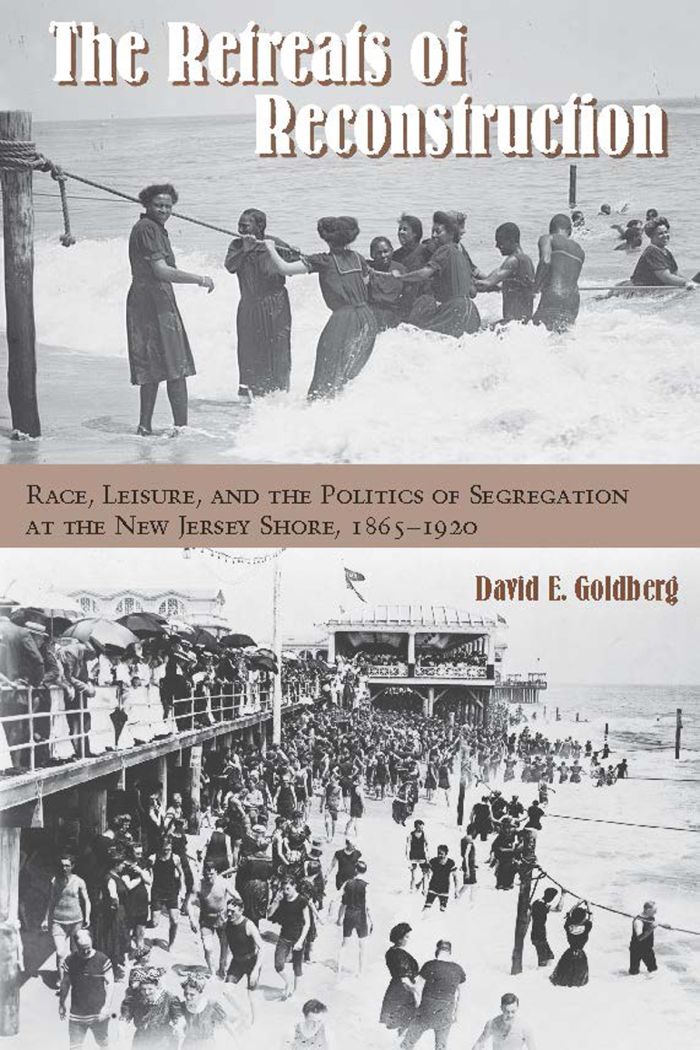The Retreats of Reconstruction
Race, Leisure, and the Politics of Segregation at the New Jersey Shore, 1865-1920

This book can be opened with

Beginning in the 1880s, the economic realities and class dynamics of popular northern resort towns unsettled prevailing assumptions about political economy and threatened segregationist practices. Exploiting early class divisions, black working-class activists staged a series of successful protests that helped make northern leisure spaces a critical battleground in a larger debate about racial equality. While some scholars emphasize the triumph of black consumer activism with defeating segregation, Goldberg argues that the various consumer ideologies that first surfaced in northern leisure spaces during the Reconstruction era contained desegregation efforts and prolonged Jim Crow.
Combining intellectual, social, and cultural history, The Retreats of Reconstruction examines how these decisions helped popularize the doctrine of “separate but equal” and explains why the politics of consumption is critical to understanding the “long civil rights movement.”
Breaking away from the usual debates concerning post-Civil War America, David E. Goldberg explores race relations on the Jersey Shore in ways that should attract the attention not only of scholars of segregation but also of consumerism, leisure, and African American life in the North. There are good stories here ranging from the founding of Asbury Park to the lives of African American waiters as well as challenging ideas that stretch beyond the old narratives concerning the rise of Jim Crow in Northern states.——Paul A. Cimbala, Fordham University
For the Civil War historian who wishes to explore the social aspects of a society altered by war, or analyze how America coped with integrating postbellum society, this well researched, readable and scholarly look at the challenges of individuals, businesses and political entities is useful. Likewise, for readers who wish to explore the connection of consumerism, leisure and integration in the Reconstruction Era, this book is recommended.—Civil War News

